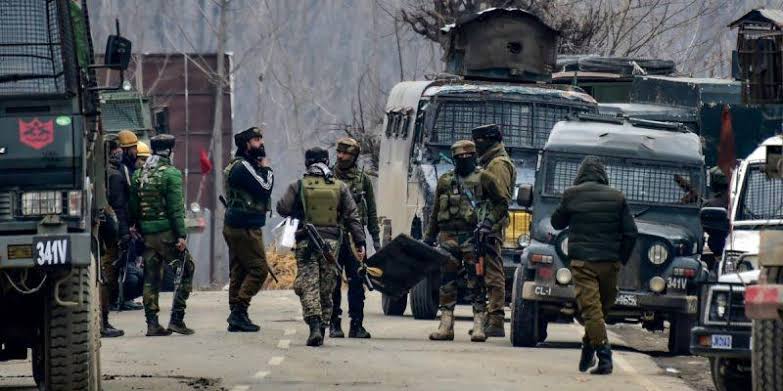Do not mix dissent up with terrorism

The term ‘terrorism’ always has a political connotation. It always targets the adversary of the person who uses it. Hence, the adage that “One man’s terrorist is another man’s freedom fighter” makes sense. In a conflict between the state and an anti-government group, the government sometimes would accuse that group of committing terrorism while the group in turn would accuse the government of unleashing State terrorism.
Yet, there is always a common benchmark to call the other of committing terrorism, which is mainly the violence and espousing violence. The irony is that despite dozens of countries having anti-terrorism or counter terrorism legislations, there is no internationally accepted definition of terrorism. Nevertheless, that does not mean that you can call every other man whom you don’t like or who works legally against your interests a terrorist. But that seems to be the case with the new Anti Terrorism Bill presented by the government on March 22.
It is interesting to compare some of the international definitions of terrorism with that of the Sri Lanka’s proposed latest piece of legislation. The United Nations Security Council, in its resolution 1566 of October 2004, defines terrorist acts as “criminal acts, including against civilians, committed with the intent to cause death or serious bodily injury, or taking of hostages, with the purpose to provoke a state of terror in the general public or in a group of persons or particular persons, intimidate a population or compel a government or an international organization to do or to abstain from doing any act.”
The definition of terrorism in the International Convention for the Suppression of the Financing of Terrorism, signed on December 9, 1999 is “any act intended to cause death or serious bodily injury to a civilian, or to any other person not taking an active part in the hostilities in a situation of armed conflict, when the purpose of such act, by its nature or context, is to intimidate a population, or to compel a government or an international organization to do or to abstain from doing any act.”
However, according to the proposed Sri Lankan law, if a person or a group, apart from these real terrorist acts even “causes serious obstruction or damage to or interference with essential services or supplies or with any critical infrastructure or logistic facility associated with any essential service or supply” with the intention of “wrongfully or unlawfully compelling the Government of Sri Lanka, or any other Government, or an international organization, to do or to abstain from doing any act” commits an offence of terrorism. That simply means, even if a trade union strikes work or launches a street protest, “causing serious obstruction to essential services or supplies,” “with the intention of compelling the government” to pay a Cost-of-Living allowance to its members, it might amount to an act of terrorism under the Bill.
It is clear that the definition of terrorism in the Bill is vague and covers a vast area and it empowers the State to incarcerate people up to twenty years, proscribe organizations, declare places as prohibited places, confiscate properties and send people to rehabilitation centres on charges of terrorism ambiguously cited in the Bill. The main flaw in the Bill seems to be this definition since many acts which are not treated as terrorist acts in anywhere in the world come under the offences of the Bill. Hence, every local as well as international human rights organization that had expressed concern over the Bill has specifically rung alarm bells over this overbroad definition of terrorism in the Bill.
The Human Rights Commission of Sri Lanka asked the government to reconsider the definition of terrorism mentioned in the Bill and recommend specific amendments to clarify and narrow the acts falling within the definition. Denis Chaibi, the EU Ambassador to Sri Lanka and the Maldives had told that there are some difficulties regarding the definition of terrorism. The International Commission of Jurists (ICJ) had expressed concern over “the overbroad and vague definition in clause 3 of “acts of terrorism” that can be interpreted in a manner that stifles dissent and to crush peaceful protests.” The Centre for Policy Alternatives (CPA) observes that the definition of the offence of terrorism in the Bill lacks precision, and adherence to the principles of necessity, proportionality, and legality.
Therefore, it is justifiable for one to infer that the purpose of the Bill is to counter agitations by the ordinary people who still reeling under a severe economic crisis, rather than countering real terrorism. Authorities must be clear that dissent is not terrorism. It must be recalled that even President Ranil Wickremesinghe as Prime Minister in May last year, expressed support to GotaGoGama, the protest site in front of President’s Secretariat and media reports said that he appointed a committee to provide assistance to the protest site.
The new law, if enacted will definitely have repercussions locally and internationally. Some news websites have already hinted that it would deprive Sri Lanka of Europe’s GSP+ tax concessions. It is high time the government reconsider the controversial provisions of the Bill.
Source : Daily Mirror



